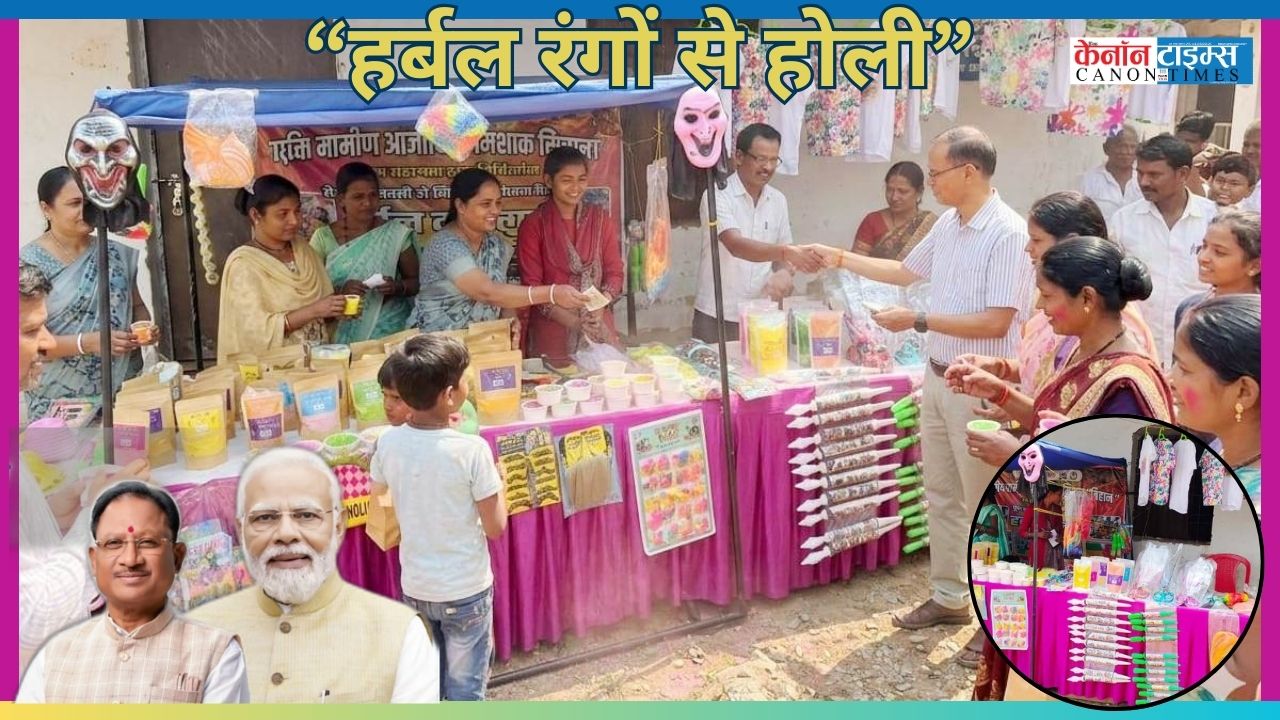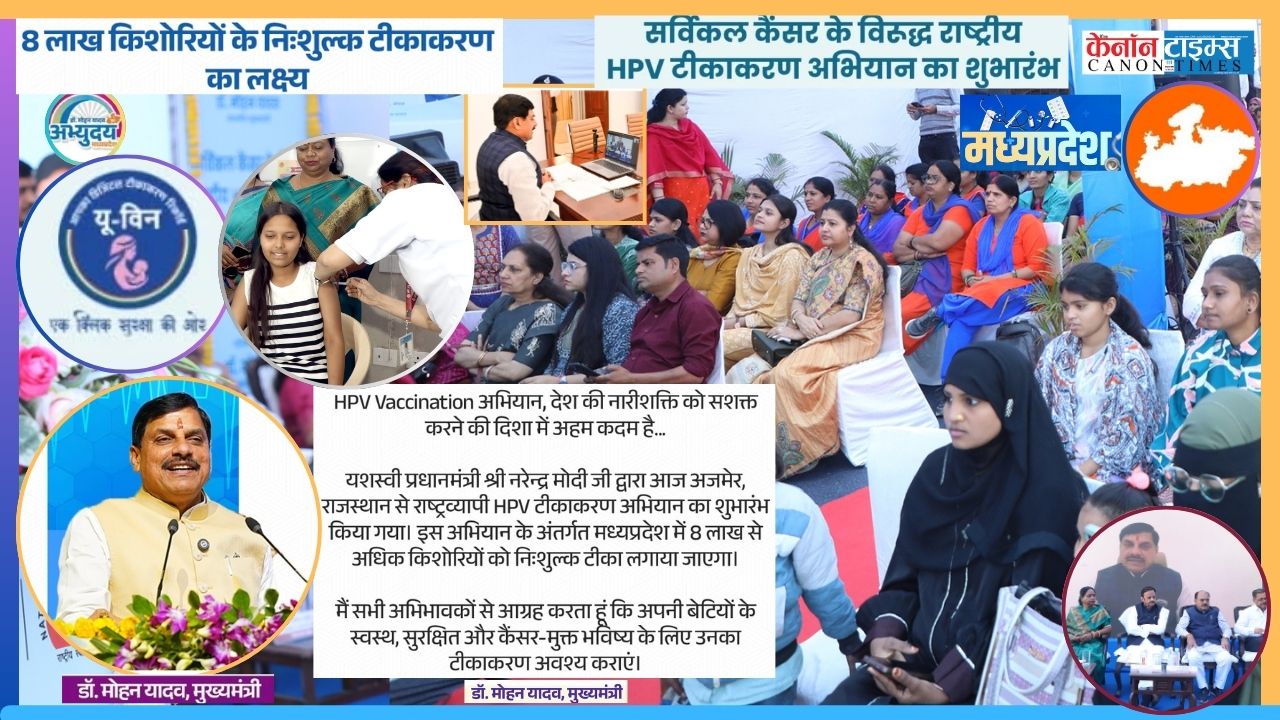Late seeding of rabi crops may lead farmers to burn stubble to clean the fields, causing extra air pollution.
Former Punjab Chief Minister Captain Amarinder Singh recently returned from self-imposed exile to express his condolences to farmers in the state. In his first public appearance in years, he chose the Khanna grain mandi in Ludhiana district to highlight farmers’ continued suffering due to delayed paddy procurement by state authorities. He criticized AAP Chief Minister Bhagwant Mann for neglecting to address issues affecting farmers, commission agents, and aartiyas. A top BJP politician criticized AAP officials for failing to address farmers’ concerns, while previously supporting their protests against the Modi government. The former CM addressed farmers’ issues with the Prime Minister.
Union Food Minister Pralhad Joshi promised to buy all grains by the end of November. However, November’s finish date may be too late. Unseasonal rains can cause delays in harvesting paddy in open fields and mandis, potentially leading to losses for growers. Late seeding of rabi crops may lead farmers to burn stubble to clear fields, negatively impacting regional air quality.Pollution levels in northern India, including Delhi, are already too high.
However, if farmers in Haryana and Punjab are encouraged to burn stubble to clear fields, the situation could become deadly. Farmers protested about the Mann government’s failure to lift paddy from Punjab mandis due to a lack of warehousing facilities, blocking major thoroughfares and highways. However, the administration is facing a larger issue. It is a problem of excess. We currently produce more food than we can keep in warehouses.
Our warehouse exceeds the statutory requirements for food security and distribution to fair price retailers nationwide.
In Punjab, over half of the 185 lakh tonnes of paddy procured in October and November last year is still in warehouses.
The state government cites this issue for only obtaining approximately 71 lakh tones of paddy until a few weeks ago. Farmers are concerned that uncleared fields will prevent them from planting crops in time for harvest in early or mid-April the following year.
In addition to paddy procurement issues, the agriculture industry is experiencing a general malaise. Farmers in Punjab and Haryana are resistant to abandoning paddy agriculture, despite limited incentives.
Previously, just a few farmers in the two states farmed paddy. Farmers were encouraged to produce rice instead of other lucrative crops including maize, sunflower, sugarcane, and moong dal due to improved irrigation facilities, free water and electricity, and subsidized fertilizers. Farmers are hesitant to diversify into income crops due to the need for state agencies to procure every grain of paddy, despite its high water use.
Political parties should work together to address this issue, but due to broken politics, opposition parties feel obligated to defend farmers who prefer the two-crop wheat and rice cycle. To shift away from paddy, officials should engage in a dialogue with farm leaders, provide clear incentives, and limit the amount of paddy harvested annually. Farm sector reforms were stymied by vested interests and the opposition, despite good intentions. As a result of its narrow focus, the AAP government in Punjab is now avoiding farmers who were previously urged to protest. To summarize, party politics should prioritize the wider national interest over specific issues.
Dr. Abhishek Verma
Author: This news is edited by: Abhishek Verma, (Editor, CANON TIMES)
Authentic news.






